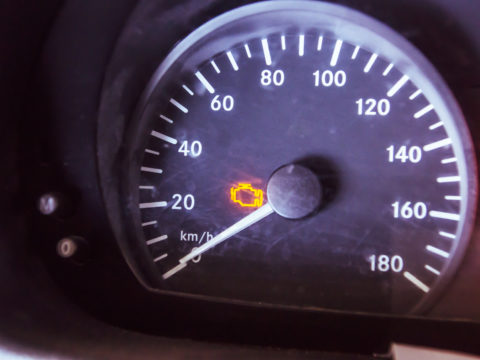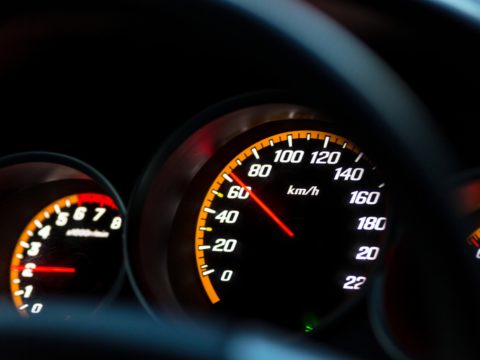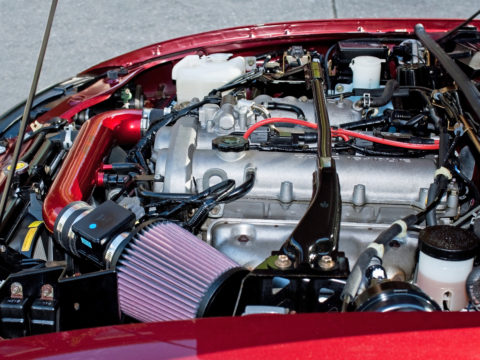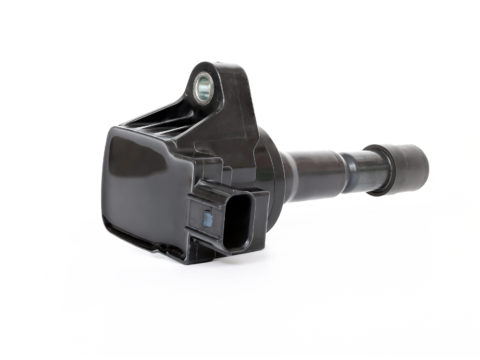Being able to spot the symptoms of car issues is a great way to ensure you don’t get caught out. You can solve the issues quickly and minimize the risk of the problems developing into something worse.
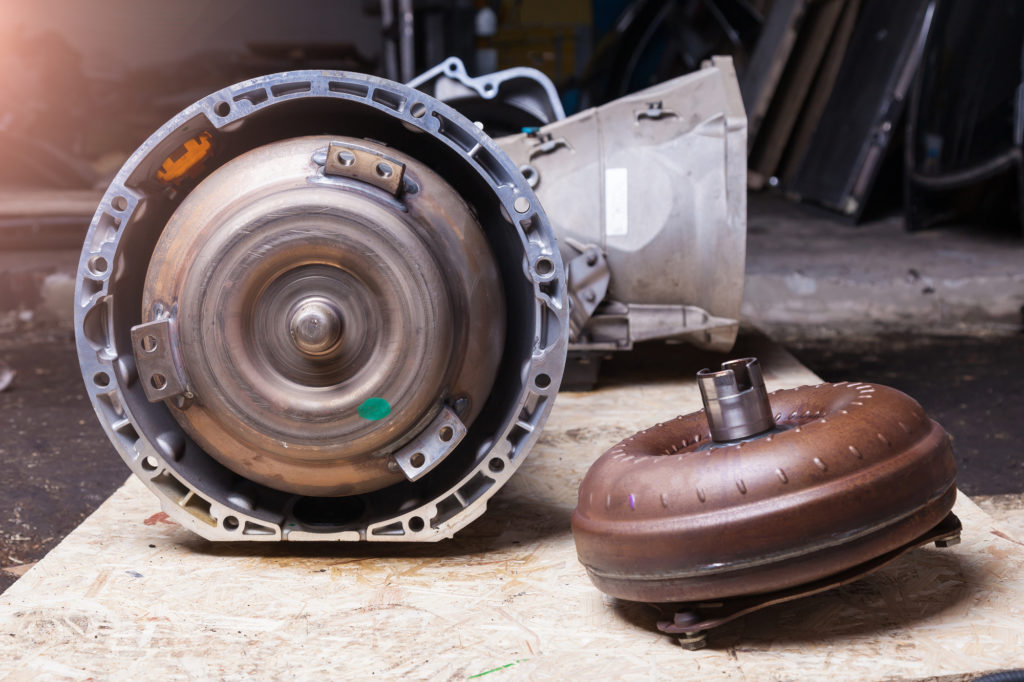
This article will look at bad torque converter symptoms and what causes them. Some of the most common symptoms include:
- Strange noises
- Low-speed vibrations
- Car speed issues
- Gear shift issues
- Transmission slippage
- Dirty transmission fluid.
Contents
What does a torque converter do?
A torque converter in an automatic vehicle works in the same way as the clutch does in a manual transmission vehicle. The main difference between the two is that in automatic transmission vehicles, the power transmitted to the transmission uses fluid which helps to prevent stalling and allows the transmission to change between gears smoothly.
How does a torque converter work?
Torque converters use fluid coupling, turbines, and clutches to ensure the transmission and engine spin independently.
The torque converter connects with the flywheel within the turbine housing and spins at the same speed as the crankshaft. A centrifugal pump then propels transmission fluid into the turbine’s fins, transmitting the torque to the transmission.
Torque converter diagram
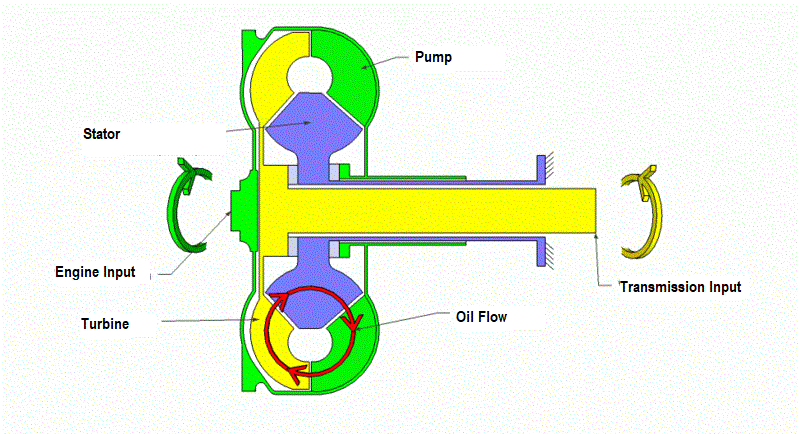
Torque converter failure symptoms
Being able to diagnose the symptoms of a converter failure can help you avoid further engine damage and the costs that come with repairing it. Here are some of the main converter failure symptoms you should be aware of;
Strange noises
Some people will get used to their cars’ annoying noises, but a healthy car should not be making strange noises. If the pump in the torque converter isn’t working correctly, it can cause a whining noise.
The blade might not be receiving the fluid it needs to function properly, and you might hear more whining and even a rattling. If your car is making strange noises, get it checked over by your mechanic.
Low-speed vibrations
If your car has started to shudder or vibrate when you are traveling at slow speeds, this can be a symptom of a bad torque converter.
It can be a problem with the blade mechanism, so getting help from your mechanic as soon as possible is advised.
Car speed issues
If your gear changes aren’t working as they should, this will affect your speed. If your car is taking longer to reach speeds and the vehicle is dropping into neutral, speaking with a mechanic should help to diagnose and resolve the issue.
Gear shift issues
Gear changes should be smooth when the torque converter is in good working order. If the transitions between gears feel choppy and rough, you may have a bad torque converter.
Transmission slippage
Slipping out of gear can indicate there is too much or too little transmission fluid in the system. Checking the dipstick will let you know whether you need to fill it up.
Dirty transmission fluid
Checking your transmission fluid should be part of your car’s regular maintenance, and it is not a big job and only takes a moment.
Taking the dipstick from the vehicle and dripping it onto a paper towel will let you check the color of the fluid. You should be looking for the fluid to be clean and red with no particles.
If the fluid that dripped onto the paper towel is dark and has particles floating in it, you should flush your system. If any of the particles look shiny or metallic, check with a mechanic in case the torque converter or contaminated transmission fluid is causing it.
What causes a torque converter to fail?
As well as knowing the symptoms of a faulty torque converter to look out for, knowing the causes of these problems can also be a great way to minimize the risk of it occurring.
Here are some of the most common causes of torque converter problems;
Faulty bearings
Worn torque converter bearings can be a cause of noises coming from your transmission. A symptom of this can be finding metal parts in your transmission fluid.
Damaged seals
If your torque converter seals are damaged, it can cause leaks. Leaking transmission fluid can cause pressure loss within the converter. Overheating and slippage can be caused by low pressure in the converter, so fixing or replacing damaged torque converter seals is crucial.
Faulty clutch plate
Faulty torque converter clutch plates can cause slippage and rough acceleration. The torque converter being locked in idling gear or drive can be a sign there is a problem with one of the torque converter’s clutch plates.
Faulty clutch solenoid
A torque converter clutch solenoid valve controls the hydraulic transmission fluid pressure. Problems caused by a faulty solenoid include rough acceleration, slippage, and overheating.
Transmission overheating
The transmission slipping can lead to overheating. Some vehicles will be fitted with temperature sensors that will alert you by illuminating the transmission control unit light.
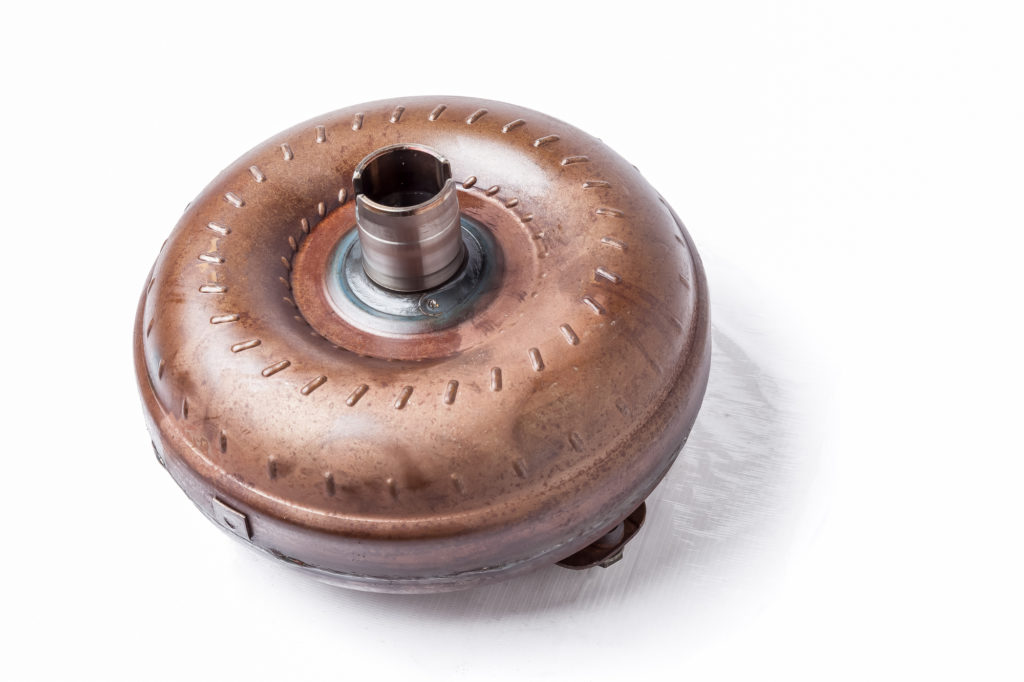
How much is a torque converter?
The price of replacing your torque converter will vary depending on the make and model of the vehicle and component. On average, you can expect to pay between $100 and $400 for a replacement torque converter.
How much does labor cost for a torque converter replacement?
The labor costs for replacing a torque converter will vary depending on how complex the job is and how long it will take. Prices can vary as much as between $200 to $2,000 for this kind of job.
FAQs
How long does a torque converter last?
There is no set time that a torque converter should last or be replaced after, and it can last for the entire lifetime of a vehicle, which is around 200,000 miles.
It is possible that the torque converter will last this full time with no issues, or a problem could develop early in the car’s life. Knowing the symptoms and avoiding the causes can help to extend the length of time your torque converter lasts.
Can you drive with a bad torque converter?
If the torque converter deteriorates enough, it will begin to cause significant problems that will make the car undrivable. These can include speed oscillations and even sudden stoppages in a vehicle.
This can be extremely dangerous to drive, so diagnosing any of the symptoms early and affording your mechanic every opportunity to resolve the problem before it develops is advised.
Will a bad torque converter throw a code?
A bad torque converter can throw a code, especially if it is a problem with the torque converter clutch. Some issues will not produce a code.
If sensors do pick up an issue, you will be notified by the check engine light, and you will be able to take the vehicle to a mechanic to have your torque converter issues diagnosed.
Can you replace just the torque converter in a transmission?
Because the torque converter is a self-contained unit, it means that it can be replaced without rebuilding or replacing the entire transmission if there are issues with it.
Repairing or replacing the entire transmission can cost as much as $5,000, with the average costs ranging between $2,000 to $3,500, depending on the make and model of the vehicle and the transmission shop you take it to for the work.

